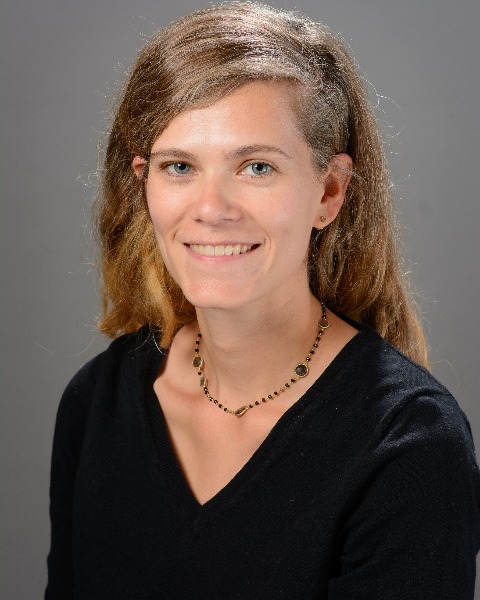Symposia
Dissemination & Implementation Science
1 - (SYM 47) Stakeholder Perspectives on Lay Health Worker Competencies for Mental Health Care Delivery in South Africa: The Role of Interpersonal Skills

Alexandra L. Rose, M.S. (she/her/hers)
Doctoral Student
University of Maryland- College Park
College Park, Maryland- HJ
Helen Jack, MD (she/her/hers)
Assistant Professor
University of Washington
Seattle, Washington - LA
Latonya Aaron, B.S. (she/her/hers)
Master's student
University of Maryland
College Park, Maryland - YJ
Yuche Jacobs, MA (he/him/his)
Trainer
Western Cape Department of Health & Wellness
Cape Town, Western Cape, South Africa - NC
Nonceba Ciya, Other
Research Assistant
South African Medical Research Council
Cape Town, Western Cape, South Africa - SN
Sibabalwe Ndamase, B.S., B.A.
Research Assistant
South African Medical Research Council
Cape Town, Western Cape, South Africa - KJ
Kim Johnson, M.A.
Project Leader
South African Medical Research Council
Cape Town, Western Cape, South Africa - KR
Kristen S. Regenauer, M.S.
Clinical Psychology Doctoral Student
University of Maryland- College Park
College Park, Maryland - AK
Ashraf Kagee, Ph.D.
Professor
Stellenbosch University
Stellenbosch, Western Cape, South Africa - BK
Brandon Kohrt, MD, PhD (he/him/his)
Professor
George Washington University
Washington, District of Columbia - BM
Bronwyn Myers, PhD
Director, Curtin EnAble Institute
Curtin University
Bentley, Western Australia, Australia - JM
Jessica F. Magidson, Ph.D.
Assistant Professor
University of Maryland, College Park
College Park, Maryland
Speaker(s)
Co-author(s)
Task-sharing, or the distribution of tasks to non-specialist providers, is a key strategy for addressing the global shortage of mental health specialists and expanding access to psychological services, particularly in low- and lower-middle health systems. However, non-specialist competence in task-shared psychological intervention is highly variable. Though interpersonal skills are often referenced as a criterion for selection, methods to select non-specialists to train in psychological intervention are rarely clearly specified by researchers or implementers. A better understanding of current stakeholder practices could inform the development of more standardized selection and training processes for people providing task-shared mental health services, which could help improve training outcomes and help extend the workforce for psychological care. We conducted semi-structured individual interviews (n=20) with non-governmental organization and research staff and community health workers (CHWs) participating in task-shared mental health training in Cape Town, South Africa. The interview guide was informed by a therapist competence framework used in high-income settings as well as the ENhancing Assessment of Common Therapeutic factors (ENACT) rating scale, a widely used standardized competency tool for task-shared mental health counselling. Interviews were conducted in English or isiXhosa securely over Microsoft Teams, translated as needed, and transcribed. Transcripts were imported into NVivo 12 for data analysis, which constituted a hybrid deductive-inductive approach. Findings center on four key themes: 1) definitions of interpersonal skills varied; 2) interpersonal skills were perceived as critical for psychological intervention; 3) experiential learning is important for developing interpersonal skills and broader competence in task-shared mental health; and 4) other factors may affect interpersonal skills and competence among non-specialists. Findings support the need for ongoing research to better understand and harmonize approaches to trainee selection and training in task-shared mental health care to help extend the workforce for psychological care globally.

